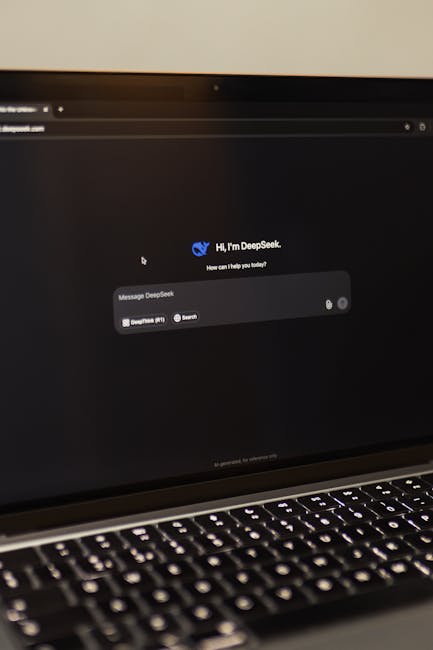Revolutionizing App Deployment: Shuttle’s AI-Driven Infrastructure Solution
In the ever-evolving world of software development, the promise of vibe coding has been to transform ideas into full-scale applications effortlessly. However, the journey from writing code to maintaining and updating a software product is fraught with challenges. Fortunately, a new generation of startups is emerging to bridge these gaps, offering innovative solutions to developers worldwide.
One such pioneer is Shuttle, a platform engineering startup that recently secured $6 million in seed funding to address the infrastructure issues left unaddressed by traditional vibe-coding systems. With backing from notable investors like former GitHub CEO Thomas Dohmke and Segment founder Calvin French-Owen, Shuttle is poised to revolutionize the deployment process.
Shuttle’s platform evaluates the code generated by vibe-coding systems, providing users with an optimized infrastructure package and a clear pricing model. Once approved, Shuttle seamlessly arranges payment and deploys the software to the cloud with minimal friction, streamlining the entire process.
Since its inception as part of a Y Combinator class in 2020, Shuttle has become a leading system for deploying Rust applications, amassing a community of over 20,000 developers and facilitating 120,000 deployments. Now, with new funding, Shuttle aims to expand its capabilities to support every programming language and AI coding system.
CEO and co-founder Nodar Daneliya explains that with the rise of agentic AI systems, the barriers between different programming ecosystems are disappearing, allowing Shuttle to deploy seamlessly across them. “AI is erasing the borders between language ecosystems,” says Daneliya. “For us, it’s an ideal moment to leverage our expertise in back-end development.”
In practical terms, Shuttle is developing an agentic interface for platform management, enabling users to provision databases or purchase cloud hosting using the same natural language prompts they used in their app creation. On the backend, the system builds interconnections with cloud providers and coding systems, ensuring agents have the necessary context.
“We’ve designed a spec that serves as an intermediary between human comprehension and AI understanding,” Daneliya shared. “Spec-driven development is becoming the industry standard, and there’s no reason it shouldn’t apply to infrastructure as well.”
Shuttle’s innovative approach promises to simplify and enhance the app deployment process, marking a significant step forward in the software development landscape.





